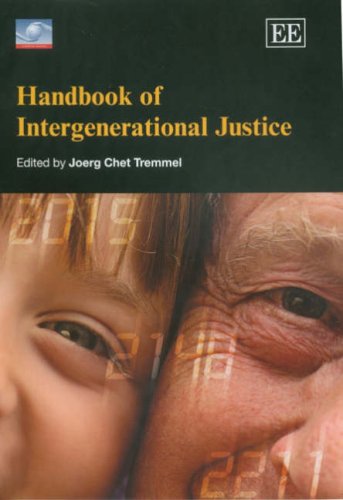

Most ebook files are in PDF format, so you can easily read them using various software such as Foxit Reader or directly on the Google Chrome browser.
Some ebook files are released by publishers in other formats such as .awz, .mobi, .epub, .fb2, etc. You may need to install specific software to read these formats on mobile/PC, such as Calibre.
Please read the tutorial at this link: https://ebookbell.com/faq
We offer FREE conversion to the popular formats you request; however, this may take some time. Therefore, right after payment, please email us, and we will try to provide the service as quickly as possible.
For some exceptional file formats or broken links (if any), please refrain from opening any disputes. Instead, email us first, and we will try to assist within a maximum of 6 hours.
EbookBell Team

4.4
52 reviewsвЂDo we owe the future anything? If so, what - and why? Our capacity to affect the lives of future generations is greater than ever before, but what principles should regulate our relationship with people who don’t yet exist? This Handbook offers a comprehensive survey of the key debates and pathbreaking accounts of potential ways forward - both ethical and institutional.’ – Andrew Dobson, The Open University, UK
This Handbook provides a detailed overview of various issues related to intergenerational justice. Comprising articles written by a distinguished group of scholars from the international scientific community, the Handbook is divided into two main thematic sections - foundations and definitions of intergenerational justice and institutionalization of intergenerational justice.
The first part clarifies basic terms and traces back the origins of the idea of intergenerational justice. It also focuses on the problem of intergenerational buck-passing in the ecological context; for example in relation to nuclear waste and the greenhouse effect. At the same time, it also sheds light on the relationship between intergenerational justice and economics, addressing issues such as public debt and financial sustainability. The innovative second part of the volume highlights how posterity can be institutionally protected, such as by inserting relevant clauses into national constitutions. Reading this volume is the best way to gain an overall knowledge of intergenerational justice – an extremely salient and topical issue of our time.
The Handbook is an important contribution to the literature and will be of great interest to academics and graduate students as well as readers interested in wider human rights issues.